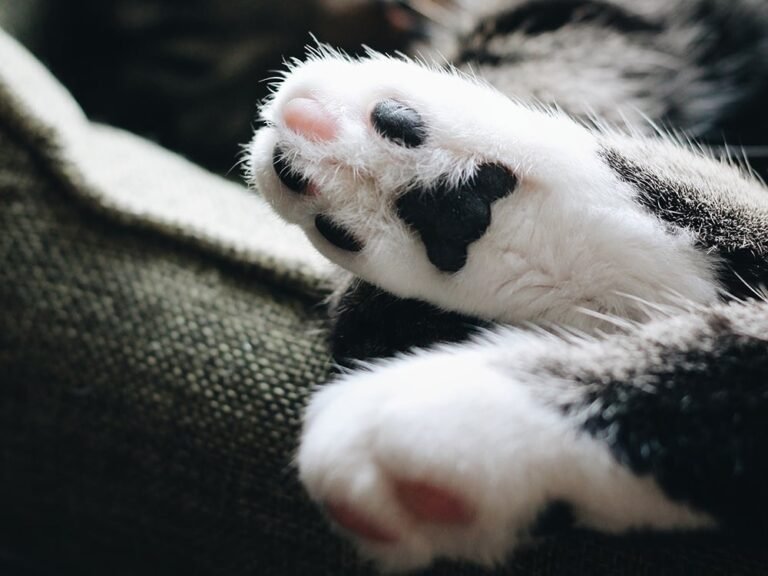ne pas envoyer dire
The French expression “ne pas envoyer dire” (also written as “ne pas l’envoyer dire”), means “to say something to someone, very directly, bluntly, or unceremoniously.” Example of usage

The French expression “ne pas envoyer dire” (also written as “ne pas l’envoyer dire”), means “to say something to someone, very directly, bluntly, or unceremoniously.” Example of usage

The French verb “s’attendre à” means “to expect” or “to anticipate.” “S’attendre à” vs. “Attendre” The primary difference between “s’attendre à” and “attendre” is that “s’attendre à” is reflexive (or “pronominal” as we say in French) and “attendre” is not. While “attendre” means “to wait for” or “to await,” “s’attendre à” means “to expect” or…

The French idiom “montrer patte blanche” translates literally as “to show white paw.” What it really means is “to prove your identity,” “to present authorisation to enter a place,” or “to be recommendable.” This saying dates back to the time of Jean de La Fontaine. He was a poet and a writer of fables who…

The French expression “le roi n’est pas son cousin” translates literally as “the king is not his cousin.” What it really means is “he is happier than a king,” or “he is almost as happy as a king,” depending on your interpretation. This saying can be understood in one of two ways. Firstly, it can…

The French saying “travailler pour le roi de Prusse” translates literally as “to work for the King of Prussia.” What it really means is “to work for nothing,” or “to not be paid for your efforts.” The idiom first appeared around the middle of the 19th century. Its origin remains unclear, however. There are a…

The French idiom “mettre en boîte” means literally “to put in a can” or “to can.” Figuratively however it means “to make fun of someone,” “to annoy,” “to tease,” or “to kid.” The saying dates back to the end of the 19th century, when “to can” meant “to mock” or “to whistle disapprovingly at.” The…

The French saying “violon d’Ingres” literally translates as “violin of Ingres.” What it really means is “hobby,” “pastime,” or “an activity that you enjoy outside your main job.” Jean-Auguste-Dominique Ingres was a 19th century painter who created a number of famous works, including Grande Baigneuse (1808), Oedipus and the Sphinx (1808), and La Grande Odalisque…

The French saying “cracher dans la soupe” literally translates as “to spit in the soup.” What it really means is “to show contempt for something that benefits you” or “to criticise that which enables you to survive.” The origin of this saying is unknown. Its meaning, however, is quite clear. To spit in one’s own…

The French idiom “faire long feu” literally translates as “to make long fire.” What it really means is “to drag on,” “to not have the desired effect,” “to last longer than expected” or “to miss your goal.” It comes from the era of of muzzle-loading rifles, before the invention of waterproof cartridges that enclosed the…

The French saying “les chiens aboient et la caravane passe” translates literally as “the dogs bark and the caravan passes.” What it really means is “your insults don’t reach me,” or “I am sure of myself and you cannot prove otherwise.” The saying is originally of Arabic origin. In the Middle East and in North…